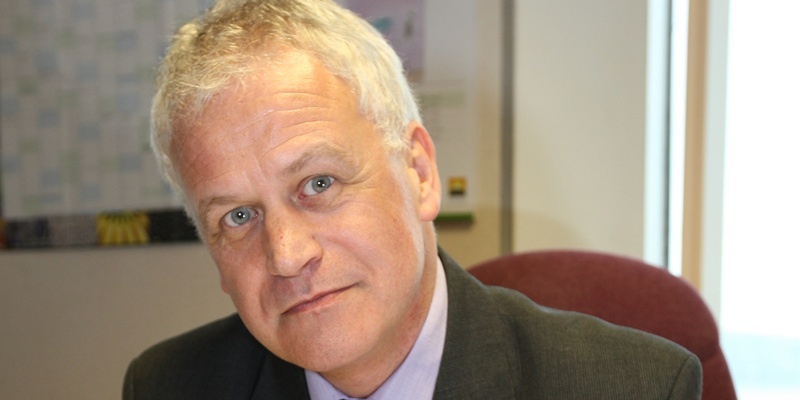The fortcoming shake-up of the Scottish exam system has been welcomed by Dundee’s new education director.
Michael Wood said Standard Grades were “past their sell-by date” and the National 4 and 5 exams which will replace them in 2014 will help to make secondary education more relevant.
A group of secondary heads are already looking at how to introduce the exams, he said, as “this is a challenge and we need to make sure we get it right.”
He was speaking on the day Scotland’s chief statistician released schools data for 2009/10 which showed pupils in the city continued to trail their counterparts in most other local authorities.
Some 3.4% of Dundee pupils left school with no qualifications, compared to 2.6% nationally. The proportion of school leavers whose best qualification was at Standard Grade was higher than the national average, while the proportion passing Highers or Advanced Highers was lower than average.
Laurie Bidwell, education spokesman for the city council’s opposition Labour group, noted that Dundee also had a higher-than-average proportion of school leavers who were unemployed and said this demonstrated the need to drive up standards to help young people compete in the jobs market.
Mr Wood, who succeeds Jim Collins as education director, said he “most certainly” believed Dundee could improve its performance relative to other local authorities, even given its acknowledged problems of deprivation.
He added, “I can’t accept that ‘what will be, will be’.”
He stressed the new Curriculum for Excellence is meant to guide a young person all the way through their education up to the age of 18, and said his aim is to “give all our young people a quality of learning experience that is fit for the 21st century,” no matter what their background.
Mr Wood also contended that exam results averaged out across the city were masking some high performances, in particular by pupils at Grove, Harris and Morgan academies.
There had been improvements in results in recent years and his message now to pupils and parents is “there are no glass ceilings.” He expects schools to have high expectations and set high standards. High-quality teaching delivered consistently will also be a key aim.AutonomyThe education department will also be shifting more of its authority to individual schools under the devolved school management process. This is meant to give head teachers more autonomy and flexibility, and consideration is being given to allowing them control of staffing budgets, with the aim of having the new system in place by April.
Dundee has seen a major school merger and building programme, funded partly through the public/private finance system and partly through council borrowing, with new primaries and a rebuild of Harris Academy still to come. The public spending squeeze has raised questions about whether similar developments will be possible in the coming years, and a review of the school estate is under way, due to report later in the year.
Mr Wood said the city now has “some superb new buildings” and he hopes the programme is not at an end, although he said he can not pre-judge the outcome of the review.
Teacher numbers have been under pressure across Scotland, to the consternation of the teaching unions, and Dundee has cut a number of senior posts.
The director said he believes his department has a good relationship with teachers and unions, and the £4 million cuts in the education budget for 2011/12 had protected frontline services, with management “reduced dramatically.”
He said classroom teachers are his “finest resource” and he is not looking for a reduction in teacher numbers.
